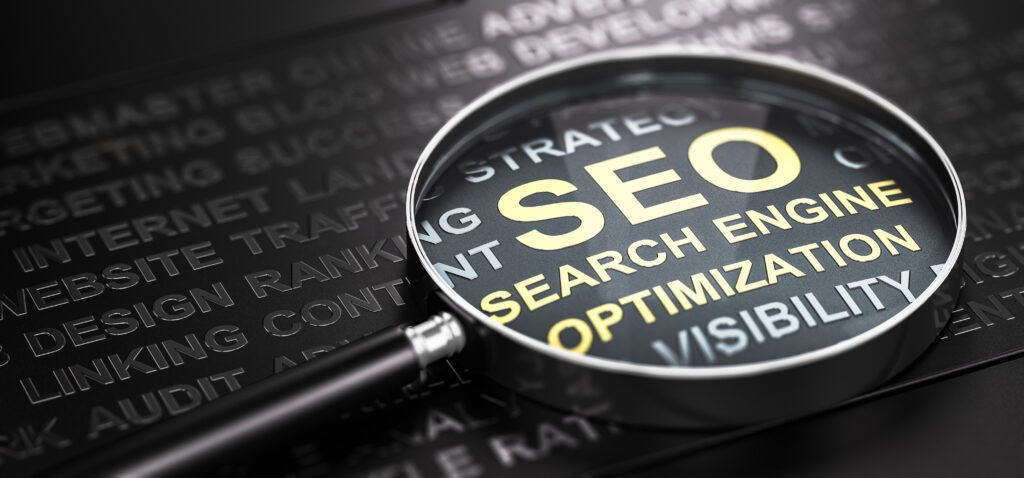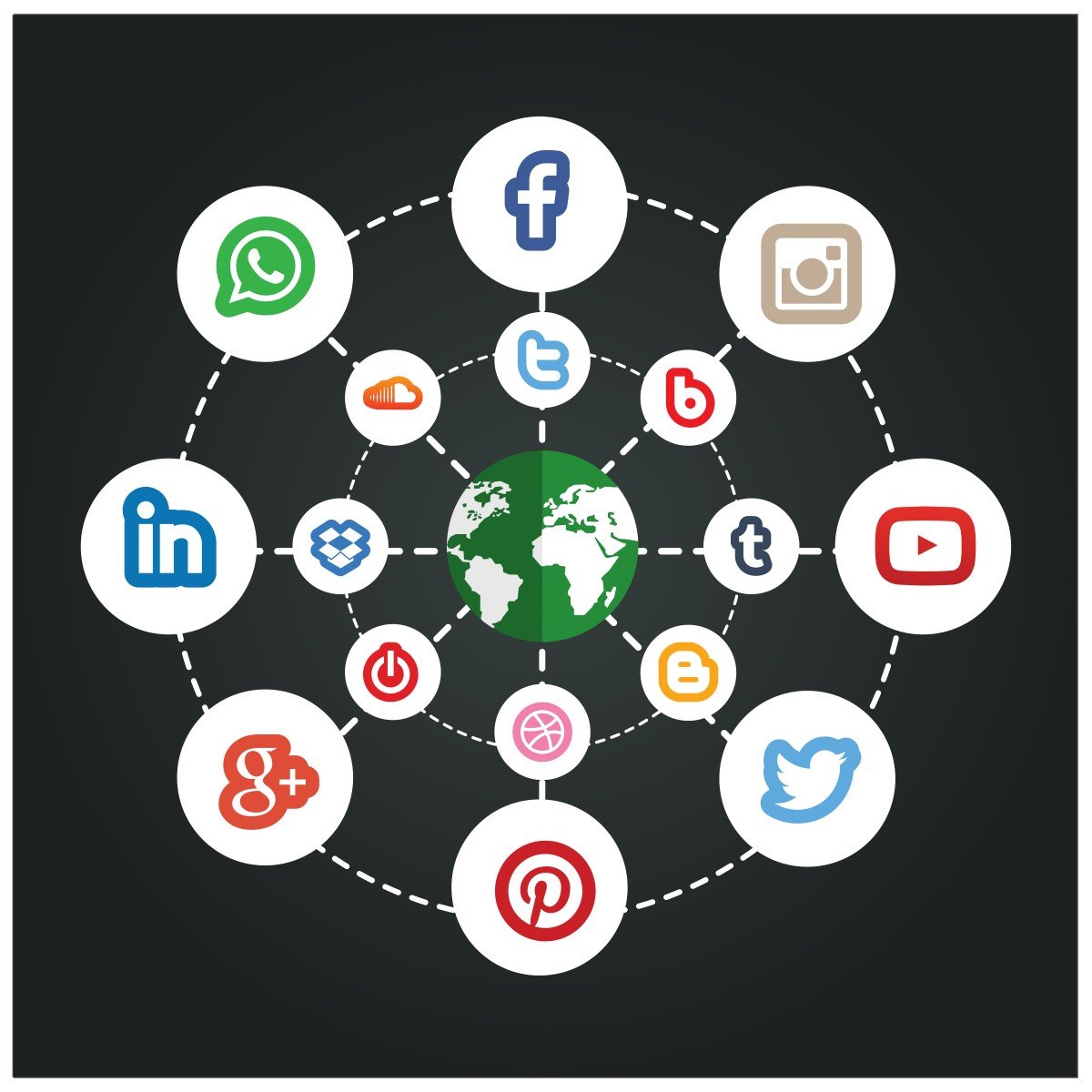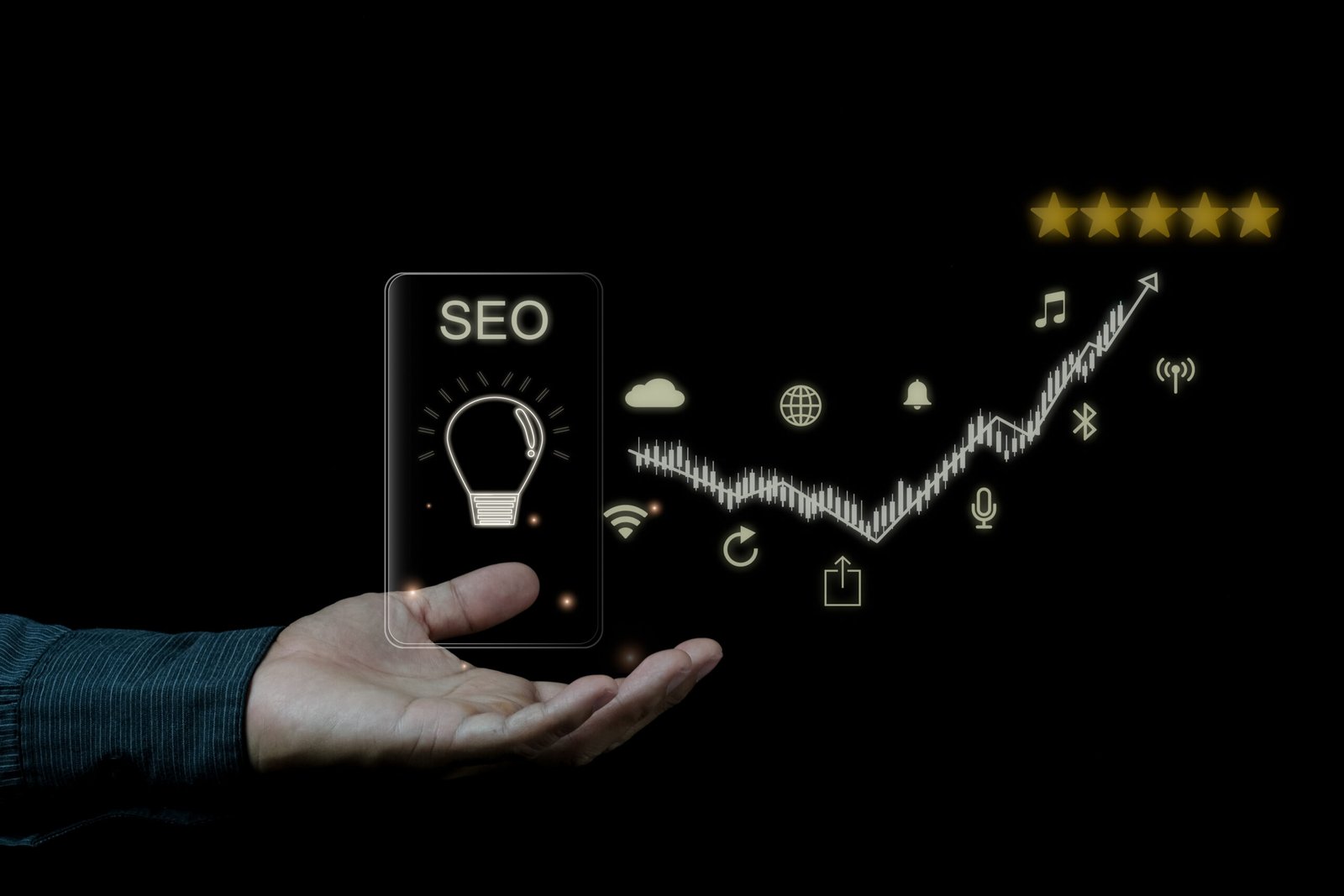
In today’s fast-paced digital age, small businesses face both immense challenges and unprecedented opportunities. To thrive in this competitive landscape, they must leverage every available tool to reach their target audience effectively. One such tool that has revolutionized the way businesses connect with customers is digital marketing. We will explore the significance of digital marketing for small businesses and how it can make a substantial impact on their growth and success.
a. The Digital Transformation
The phrase “Digital Marketing” refers to a variety of methods and platforms, including search engine optimization (SEO), social media marketing, email marketing, content marketing, pay-per-click advertising (PPC), and others. These methods have grown in popularity and have become essential for organizations of all sizes.
Small firms, in particular, have reaped substantial benefits from the rise of digital marketing. This is why:
1. Economical Advertising
Traditional advertising tactics such as television, radio, and print advertisements can be costly and frequently out of reach for small firms with restricted budgets. Digital marketing, on the other hand, provides more cost-effective options. Small businesses can reach their target audience without breaking the bank by using customized web advertising campaigns.
2. Equal Opportunity
In the digital world, a company’s size does not always determine its success. A creative and well-executed digital marketing plan may level the playing field and enable small firms to compete with larger competitors. Small firms can have a big impact and earn market share by effectively targeting their customers.
3. Exact Targeting
When it comes to audience targeting, digital marketing provides unrivalled precision. Data and analytics may help small firms find their potential clients and personalize marketing strategies to them. This guarantees that their marketing efforts are not squandered on audiences who are uninterested or irrelevant.

4. Measurable Outcomes
Measurability is one of the most significant benefits of digital marketing. Small businesses can track campaign effectiveness in real-time, allowing them to make data-driven decisions and adjust their tactics for better outcomes. This level of transparency and accountability is game-changing for companies looking to maximize their marketing expenditure.
5. Greater Customer Engagement
In today’s marketing landscape, engagement is critical. Social media and email marketing, for example, allow small firms to communicate with their target audience on a more personal level. This interaction creates trust and loyalty, which leads to client retention and advocacy.
6. Establishing an Online Presence
In an age where consumers go online to find products and services, having a great online presence is critical. Through search engine optimization, content marketing, and social media, small businesses can develop and improve their online visibility. This not only draws new customers but also aids in the management of branding and reputation.
7. Adjusting to New Trends
Digital marketing is extremely versatile and can respond swiftly to changing market trends. Small firms may change their tactics, tweak their messaging, and test new techniques in real time. In today’s dynamic corporate climate, agility is critical for being competitive and relevant.

b. Digital Marketing Strategies for Small Businesses:
We talked about how important digital marketing is for small businesses and how digital marketing agencies can be great partners in attaining success. Now, let’s take a closer look at some of the most efficient digital marketing tactics that small businesses may use to maximize their online presence and effectively reach their target audience.
1. SEO (Search Engine Optimization)
Any digital marketing approach must include Search Engine Optimization. You may boost your website’s visibility in search results by optimising it for search engines like Google. Local SEO, which focuses on increasing visibility within a certain geographic area, can be quite beneficial to small businesses. This is especially useful for physical stores that rely on local customers.
Effective SEO entails:
Keyword research is the process of identifying relevant keywords that your potential clients are looking for.
On-page optimization is the process of improving the content, meta tags, and images on your website.
Off-page optimization entails acquiring high-quality backlinks from credible domains.
Regular content updates: Adding new and valuable information to your website on a regular basis.
SEO assists small businesses in attracting organic traffic as well as establishing reputation and trust with their target audience.

2. Content Promotion
The technique of developing and delivering valuable, relevant, and consistent material to attract and engage a clearly defined target audience is known as content marketing. Content marketing for small businesses can take many forms, including blog articles, infographics, videos, and podcasts.
Here’s why content marketing is important:
It gives your viewers useful knowledge while portraying your company as an authority in your field.
It improves SEO by adding new content to your website on a regular basis.
It increases client trust and loyalty by providing value even before they make a transaction.
3. Social Media Promotion
Small businesses can use social media platforms to connect with their customers on a more personal level. Platforms such as Facebook, Instagram, Twitter, and LinkedIn have billions of users globally, providing a large potential audience. Here are some ideas on how small businesses might use social media:
Regular publishing: Consistent publishing keeps your brand at the forefront of your audience’s minds. Share stuff that your followers will find interesting, such as product updates, behind-the-scenes peeks, and user-generated content.
Respond to comments, mails, and mentions to actively engage with your audience. Social media ties can lead to loyal clients.
Paid Advertising: Paid advertising on social media sites has powerful targeting options. Even with a limited budget, small businesses may target their ideal customers based on demographics, hobbies, and behavior.

4. Email Promotion
Email marketing continues to be one of the most successful methods of nurturing leads and engaging with existing clients. Small businesses can create and segment email lists in order to distribute targeted content and offers. Here’s why email marketing is so important:
Segmentation: Segmented email lists enable organizations to send tailored information depending on the interests, activity, and demographics of the recipients.
Analytics: Email marketing tools provide vital data on open rates, click-through rates, and conversion rates, allowing organisations to iteratively adjust their strategy.
5. Pay-Per-Click (PPC) Marketing
Pay-per-click advertising, which is commonly seen on platforms such as Google Ads and Facebook Ads, enables small businesses to display ads to a highly focused audience and only pay when someone clicks on the ad. This method has various benefits:
Unlike SEO, which takes time to produce results, PPC advertising can put your company in front of potential clients right now.
Budgeting: Small businesses can set daily or monthly budgets to avoid overspending on advertising.
6. Mobile Advertising
As more people use the internet via mobile devices, it is critical to optimize your digital marketing activities for mobile consumers. Make sure your website is mobile-responsive, and think about mobile-specific advertising choices like location-based marketing.

7. Analytics and Metrics
Small firms should keep a careful eye on the results of their digital marketing initiatives. Track key performance indicators (KPIs) such as website traffic, conversion rates, click-through rates, and engagement metrics using technologies such as Google Analytics and social media insights. Reviewing these numbers on a regular basis allows you to fine-tune your methods for better results.
8. Management of Online Reviews and Reputation
Online reviews can have a big impact on the reputation of a small business. Encourage happy customers to submit positive feedback on venues such as Google My Business, Yelp, and social media. Respond professionally and promptly to both good and negative reviews to demonstrate your dedication to client satisfaction.

To thrive and expand in today’s digital-centric world, small businesses must embrace the potential of digital marketing. Small businesses can engage with their target audience, develop brand awareness, and drive revenue by employing efficient methods such as SEO, content marketing, social media marketing, email marketing, PPC advertising, and mobile optimization.






